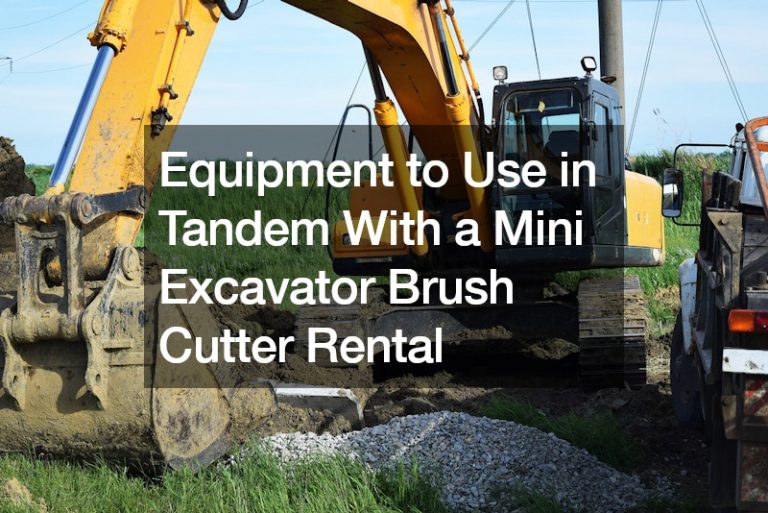What to Get From a Table and Chair Rental Company

When planning an event, whether it’s a wedding, corporate gathering, birthday party, or community festival, renting tables and chairs is a crucial part of the preparation process. A reputable table and chair rental company can provide a range of products…




